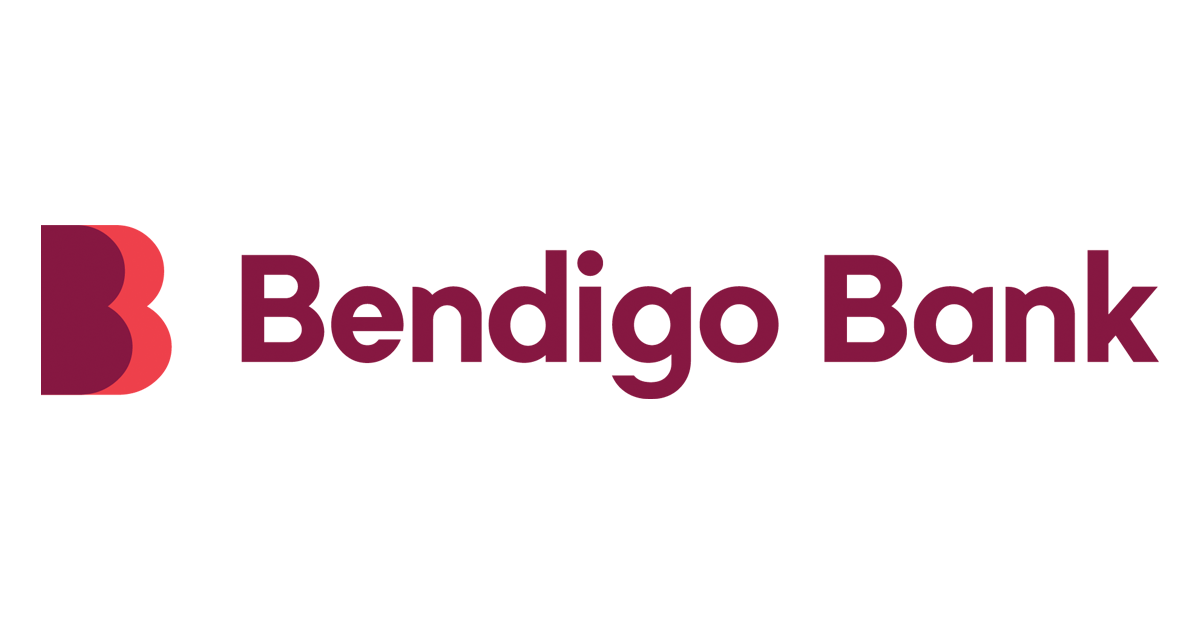Investing in property is considered one of the safest ways to expand and diversify your wealth. After all, 32.22% of all home loans in Australia from the start of 2020 up to the end of March 2025 were taken out by investors, according to the Australian Bureau of Statistics (ABS).
When you’re dealing in the hundreds of thousands of dollars, or indeed the millions, it goes without saying that doing your due diligence is essential. That isn’t just for the property you’re buying, though. There are plenty of lenders out there offering investment home loans, so taking the time to find the right one could help you save thousands over the life of the mortgage.
Investment loan rates
When it comes to mortgages for investment properties, the interest rates you’ll receive are typically higher than what you’d get on an owner-occupier loan. There are several reasons why this is the case:
- Reliability of rental income: relying on renters to help cover your mortgage payments (at least in part) is seen as riskier. Because they can sometimes move out at short notice or you could be without tenants for an extended period, it’s not as simple as assessing your PAYG income.
- Market fluctuation: factors like changing interest rates and the strength of the market where your property is based can impact its value, as well as your mortgage repayments.
- Additional costs and losses: with property investors facing further costs that might eat into their available income, such as property management and investment strategies that involve running your property at a loss, lenders compensate for increased risk with increased rates.
Like standard home loans, your investment loan can come with either fixed or variable rates. You can also often choose a split home loan, which allows you to fix a portion of your mortgage’s rate while keeping the other part variable.
Types of investment home loans
There are two types of mortgages that you can take out to purchase an investment property. These are:
Principal and interest loans
This is the standard home loan, where you pay off part of your loan amount with interest and fees each week, fortnight or month. These will generally go up to 30 years in length, but you can choose a shorter term of 25 years or less if it suits you.
Interest-only loans
Interest-only home loans only require you to pay the interest on your loan for a set period, usually one to five years. This is a common option among property investors to reduce repayments early and (hopefully) build equity in their property through its rising value. It’s worth noting that while these are more tax-friendly in the short term (more on that in a bit), you’ll pay more in interest overall.
Why apply for a home loan with Savvy
Help throughout the process
You'll be matched with an experienced mortgage broker who'll handle all the hard work for you from start to finish.
Trusted lenders
With a panel of reputable mortgage lenders, you can rest assured you'll be comparing high-quality options with your broker.
Paperless quote process
You can fill out a simple online quote via our form without having to worry about sorting through heaps of paperwork.
Investment properties in Australia: 2025
According to the Australian Prudential Regulation Authority (APRA), the total value of outstanding loans for investment property on Australian books is $745.68 trillion as of May 2025. This number is correct as of May 2025 and is taken from 125 select authorised deposit-taking institutions (ADIs).
As mentioned earlier, almost a third of all new home loans since the start of 2020 have been for investment, according to the ABS. However, that number has been rising each year, from 25.00% across COVID-19-affected 2020 up to 37.41% in 2024.
Despite this, the number of new loan commitments for investment properties fell by 3.7% across the March 2025 quarter compared to the December 2024 quarter. It’s still up on the March 2024 quarter by 8.8%.
The total value of these new loans was $32.43 billion across the quarter, a drop of 0.3% on last quarter’s numbers but a rise of 16.0% in contrast to 12 months ago. The discrepancy between the drop-off in loan numbers and their total value speaks to the sustained upward trend in the cost of buying a house.
Investment loan tax benefits
Let’s take a look at what you can and can’t claim as a tax deduction on your investment home loan:
Tax deductions
-
Home loan interest
The interest on your investment home loan is tax-deductible, as well as other loan costs like establishment and ongoing fees.
-
Title search fees
Title searches performed by your lender come with a small fee, which can also be claimed as a tax deduction.
-
Lenders mortgage insurance (LMI)
If you’re paying a deposit of under 20% for your investment property, your lender may charge LMI. This can be claimed, however.
-
Mortgage registration fees
This is a fee levied by your state or territory government to record a mortgage on the title of the property. Although relatively small, it’s tax-deductible.
-
Mortgage stamp duty
The stamp duty on the mortgage itself, not the purchase of the property, can also be claimed as a tax deduction.
Ineligible for tax deduction
-
The principal portion of your investment loan
Your loan’s principal payment (your loan payment minus any interest and fees) can’t be claimed as a tax deduction.
-
Conveyancing fees
Legal costs associated with the buying and selling of property, including conveyancing fees, aren’t eligible, either.
-
Any expenses from personal use of the property
You can only claim the business portion of your expenses. Anything arising from personal use of the property is ineligible.
Other tax-deductible expenses for investment property
- Property management fees, including agent charges
- Maintenance costs, including strata and body corporate fees and those for plumbing and electrical work
- Council and water rates
- Land tax
- Insurance on your investment property
- Quantity surveyor charges
- Phone and internet usage related to your management of the property
Negative gearing and investment home loans
Negative gearing is a common investment strategy for rental property owners whereby the deductible expenses are greater than the income generated by the property. Investors in this boat are able to deduct losses against their personal income, therefore reducing their payable income tax.
While this is usually claimed on an annual tax return, investors can also apply to the ATO for a PAYG withholding variation. This allows them to have the tax deducted from their salary reduced if they know their property will run at a loss.
If you’re thinking about negative gearing as a strategy for your investment property, it’s important to speak to an accountant or tax specialist.
Top tips for investment properties
-
Consider redraw facilities vs offset accounts
Many investment loans will have either a redraw facility, offset account or both. While redraw facilities may muddy the water when it comes to usage for tax purposes, offset accounts make it easier to keep the purpose of the loan consistent while allowing access to your funds.
-
Think about how much equity you’re using to buy your investment property
If you’re drawing on equity from another property to purchase your investment, think carefully about how much you need to borrow. Weigh up the benefits of investing against the main drawback of expanding your home loan debt and putting another property at the mercy of the market.
-
Run a fine-tooth comb through your finances
Is investing in property the right move for you financially? It’s important not to overburden yourself with debt and avoid complicating your tax and financial situation too much if you aren’t in a position to manage it.
- Lending indicators: March Quarter 2025 - Australian Bureau of Statistics
- Monthly Authorised Deposit-taking Institution Statistics - Australian Prudential Regulation Authority
- Investor loans fall in the March quarter - Australian Bureau of Statistics
- Negative gearing - Australian Government Treasury
- PAYG withholding variation application - Australian Taxation Office























